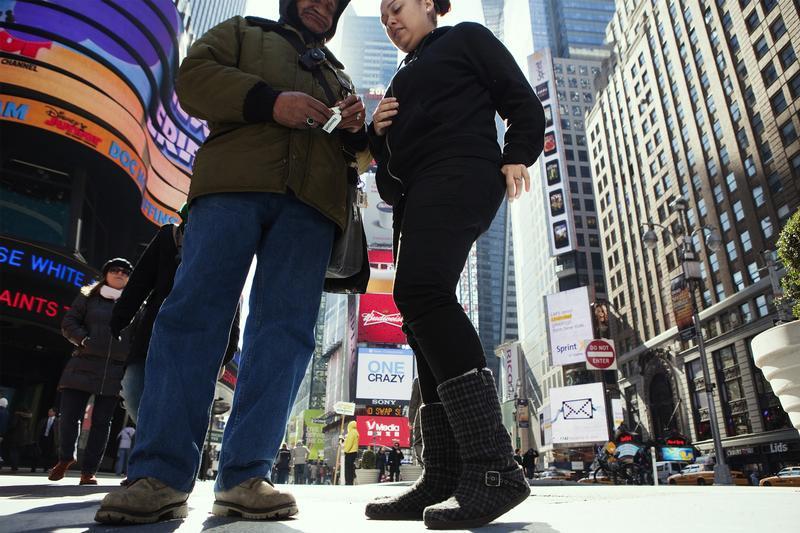Skift Take
There were a lot of dire predictions for the travel and hospitality industry bac then, but the macro sentiment against smoking worldwide has turned in the last decade, and that's worked in NYC's favor.
New York City Mayor Michael Bloomberg marked the tenth anniversary on Wednesday of his ban on smoking in bars and restaurants with a report saying the ban and subsequent anti-smoking measures had prevented 10,000 premature deaths.
“Ten years ago when New York City prohibited smoking in restaurants and bars, many predicted the end of the hospitality, restaurant and tourism industries,” Bloomberg said in a statement.
“Yet ten years later, fewer New Yorkers are smoking, we are living longer, our industries are thriving and nobody longs for a return to smoke-filled bars and restaurants.”
Critics of the move feared banning smoking would hurt the restaurant and bar business, but the Health Department report said there are now some 6,000 more restaurants and bars in the city than there were a decade ago.
The city’s Smoke-Free Air Act came into effect a little over a year into Bloomberg’s first term as mayor in 2003 and prohibited smoking inside bars, restaurants and most workplaces.
The following year, the city began providing free nicotine replacement therapy to smokers trying to quit and in 2011 expanded the smoking ban to the city’s parks and beaches.
According to the report released on Wednesday, the proportion of adult smokers dropped by about a third to 15 percent in 2011 from 21.5 percent in 2002. The report, released by the city’s Health Department, also said the proportion of youths under age 18 who smoke dropped by about half to 8.5 percent.
Bloomberg’s tenure, which will end this year, has been marked by his efforts to improve New Yorkers’ health by trying to induce them to eat less salt, trans fats and calories in general, among other measures.
Bloomberg has been criticized by some as paternalistic but his efforts have coincided with an increase in New Yorkers’ life expectancy, including a decline in tobacco-related deaths.
Bloomberg’s attempt to limit the size of sugary drinks sold in the city was derailed this month only hours before the new rules were to take effect when a judge ruled that they were “arbitrary and capricious”. The city is appealing that decision.
A week later, Bloomberg announced his plan to require shops to hide cigarettes and tobacco products from public view, arguing that would shield young people from marketing efforts.
Some shop owners and cigarette manufacturers have criticized the plan as unnecessary extra regulation that would infringe the free speech provision of the U.S. Constitution.
Bloomberg also proposed a minimum price of $10.50 for a pack of cigarettes, in the hope that some smokers would find the habit too expensive to maintain. The two bills are now before the city council.
Smoking remains the leading preventable cause of premature death in the city, according to the Health Department.
Ronald Beyer, a professor of public health at Columbia University, called Bloomberg’s health initiatives a “major achievement” and said his efforts to make smoking less socially acceptable were an effective and legitimate use of his office.
He said it remains an open question how much further government could go to discourage smokers to quit.
(Editing by Ellen Wulfhorst)
![]()
The Daily Newsletter
Our daily coverage of the global travel industry. Written by editors and analysts from across Skift’s brands.
Have a confidential tip for Skift? Get in touch
Tags: health, new york state
Photo credit: A woman buys individual cigarettes in Times Square during a warm winter day in New York March 6, 2012. Lucas Jackson / Reuters
